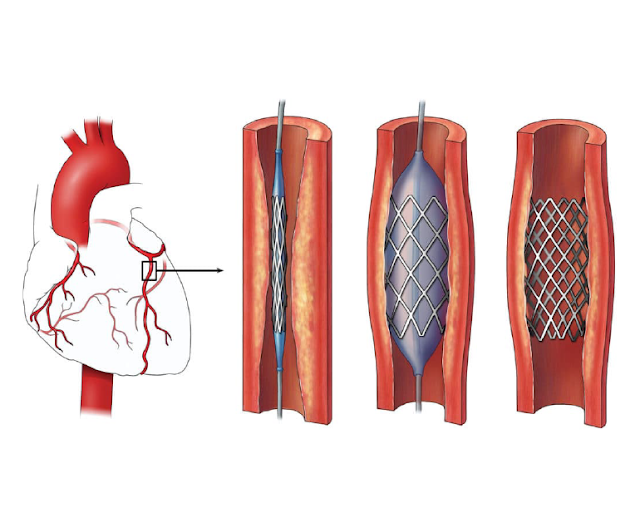Cardiometabolic Disorders
Cardiometabolic disorders, also known as metabolic syndrome, refer to a group of health conditions that increase the risk of cardiovascular disease and diabetes. These disorders are characterized by a combination of symptoms, including abdominal obesity, high blood pressure, high blood sugar levels, and abnormal cholesterol and lipid levels.
The exact causes of cardiometabolic disorders are not well understood, but they are thought to be the result of a combination of genetic and environmental factors. These factors may include poor diet, lack of physical activity, smoking, and certain medical conditions such as insulin resistance and obesity.
According to Dr Ramji Mehrotra, who is the best cardiothoracic surgeon in Delhi, one of the primary components of cardiometabolic disorders is obesity, specifically abdominal obesity. Excess abdominal fat is associated with an increased risk of insulin resistance, which in turn can lead to high blood sugar levels and type 2 diabetes. In addition, excess fat can also contribute to high blood pressure and abnormal cholesterol and lipid levels.
High blood pressure, or hypertension, is another common feature of cardiometabolic disorders. Chronic hypertension can lead to damage of the blood vessels and increased risk of heart attack and stroke. High blood pressure can be managed through lifestyle changes such as exercise and dietary changes, as well as medication.
Abnormal cholesterol and lipid levels, specifically elevated triglycerides and low levels of high-density lipoprotein (HDL) cholesterol, are also common in cardiometabolic disorders. These abnormal levels increase the risk of cardiovascular disease by contributing to the build-up of plaque in the arteries.
Dr RamjiMehrotra says that the treatment and management of cardiometabolic disorders involves a combination of lifestyle changes and medication. Lifestyle changes may include a healthy diet rich in fruits, vegetables, and whole grains, regular exercise, non-smoking, and weight loss if necessary. Medications may include cholesterol-lowering drugs, blood pressure medications, and medications to manage blood sugar levels in individuals with diabetes.
In conclusion, cardiometabolic disorders are a group of health conditions that increase the risk of cardiovascular disease and diabetes. These disorders are characterized by a combination of symptoms, including abdominal obesity, high blood pressure, high blood sugar levels, and abnormal cholesterol and lipid levels. Management involves lifestyle changes such as diet and exercise, as well as medication. Early diagnosis and treatment are important for preventing long-term complications associated with these disorders.


Comments
Post a Comment